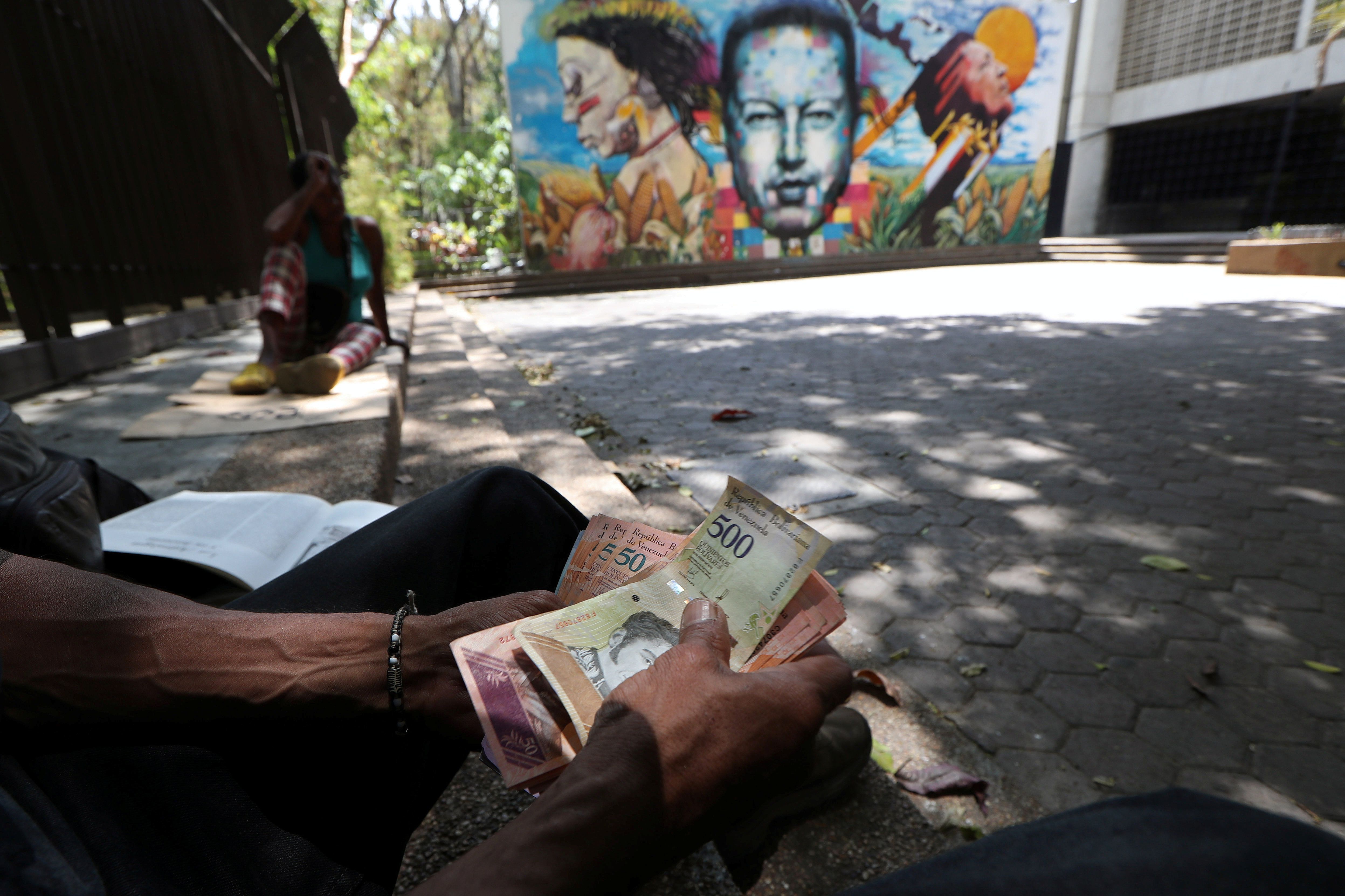November 25, 2019
79: Almost a decade since the Tunisian Revolution that marked the start of the Arab Spring, a majority of Tunisians remain disillusioned with the country's leadership: 79 percent of adults surveyed said that government corruption is widespread, according to a new Gallup poll. Many Tunisians doubt that the newly elected Ennahda party will improve living standards for everyday people.
98.5: Members of Ethiopia's Sidama ethnic group voted overwhelmingly to form their own self-governing region, with about 98.5 percent of voters backing the push for semi-autonomy. Since April 2018, Ethiopia has been plagued by ethnic violence that's caused some 3 million people to flee their homes.
200,000: The International Monetary Fund says inflation in Venezuela will hit 200,000 percent this year. Consider that a cup of coffee that cost 150 bolivars a year ago now costs 18,000 bolivars (see Bloomberg's cup-of-coffee inflation tracker here.) The silver lining? Things are better than a year ago, when inflation was 1 million percent.
63: A majority of Americans are deeply concerned about the privacy of their personal data. Sixty-three percent of adults surveyed believe that Uncle Sam is constantly collecting data about them and that they are powerless to prevent it, according to a recent Pew study.
More For You
- YouTube
For many in Iran, it’s a waiting game for how long Ayatollah Khamenei has left to live.
Most Popular
An army soldier stands guard at a post at the Friendship Gate, following exchanges of fire between Pakistan and Afghanistan forces, at the border crossing between the two countries in Chaman, Pakistan February 27, 2026. Picture taken with a mobile phone.
REUTERS/Abdul Khaliq Achakzai
In a 30-minute call on Thursday, President Donald Trump reportedly told Ukrainian President Volodymyr Zelensky he wants to end the war with Russia as soon as possible — aiming for a deal by summer, but ideally within weeks.
Former British ambassador to the U.S. Peter Mandelson leaves his residence after he was released following his arrest by London police on Monday on suspicion of misconduct in public office, following the release of U.S. Justice Department files linked to the late financier and convicted sex offender Jeffrey Epstein, in London, Britain, February 26, 2026.
REUTERS/Toby Melville
The ghost of Jeffrey Epstein continues to haunt the world.
Think you know what's going on around the world? Here's your chance to prove it.
© 2025 GZERO Media. All Rights Reserved | A Eurasia Group media company.
